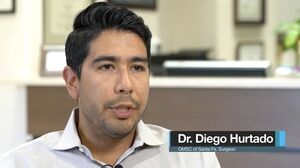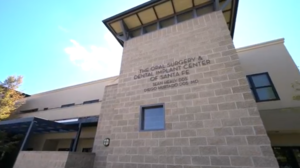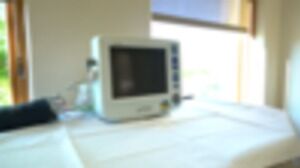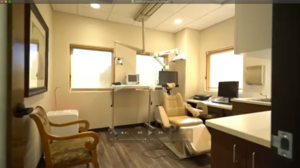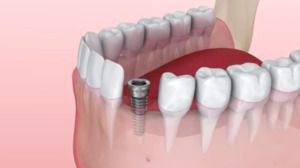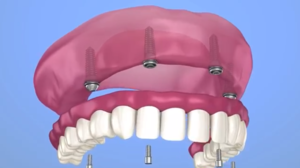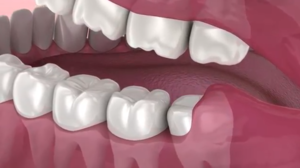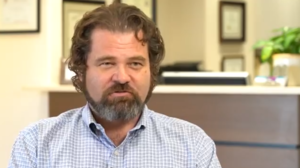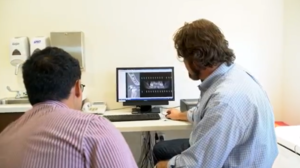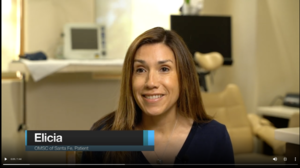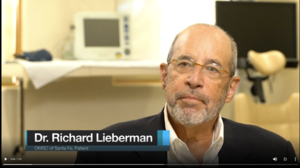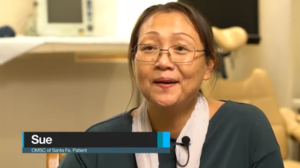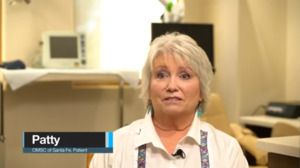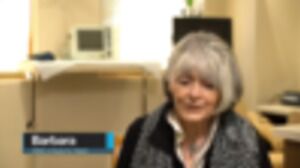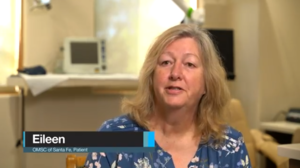Description
A dental implant is an artificial tooth root that can be used to anchor dental crowns, bridges, or dentures directly to the jawbone. During a consultation at Oral Surgery and Dental Implant Center of Santa Fe, Dr. Sean Healy and Dr. Diego Hurtado will perform advanced imaging to determine whether you are a good candidate for a dental implant. Following your dental implant surgery, our oral surgeons are available around the clock to address any concerns.
View transcript
A dental implant is basically a bionic root. It functions like a root in the mouth and that can be used to hold a tooth on. You can use multiple implants to hold a bridge or multiple teeth in. You can use it to hold dentures, basically acts like an anchor to hold something to chew on it.
Most implants that are replace single teeth, somebody comes in with a broken tooth or a tooth that's not fixable, you can replace a tooth with an implant. Some people don't have any teeth and they're missing a good ability to chew or they're not satisfied with dentures. You can use implants to support dentures. You can use implants to replace all the teeth. So they just function as an anchor.
Our consult usually starts with the staff kind of doing a basic interview with the patients to find out, you know, why they're here, what's going on, if they had any trouble, or difficulty, or pain, or discomfort, and also, you know, what's been done prior to us seeing you. Then we usually either have X-rays from the other doctor's office or we'll take an X-ray, and then I'll come in and just kind of examine the patient and go over what's going on. We'll look at the X-rays and just kind of talk about, okay, how do we fix this situation.
Treatment process sometimes we can do treatment the same day that we see someone, especially if it's some kind of isolated or simple or it's not a very complicated procedure. Sometimes we'll schedule in advance. Treatments involve we can either do local anesthesia, IV sedation, different things for comfort. Most people are here for under an hour for most procedures unless it's a long procedure. We usually check out on them that night or the next morning we'll give them a phone call and just make sure they're doing well. After the procedure usually I like to see people within about a week or so make sure they're progressing well. They also have the understanding anything weird, call. It doesn't matter what it is, just call. One of us will answer the phone.
With the consultation. I think it's very important because we can determine like if a patient is a candidate or not for like let's say an implant, or an extraction, or some other procedure. There's a lot of healthcare issues that may be negative towards doing an implant, or doing a surgery, or an extraction, or something like that, and there's better ways to try and safely do a procedure. So I usually recommend a consult. It's hard to answer something over the phone without knowing who the patient is and is what the X-ray looks like and what the issue is that we're dealing with. So we usually sit down face to face and figure out exactly what we need to do and how to go about that process.



